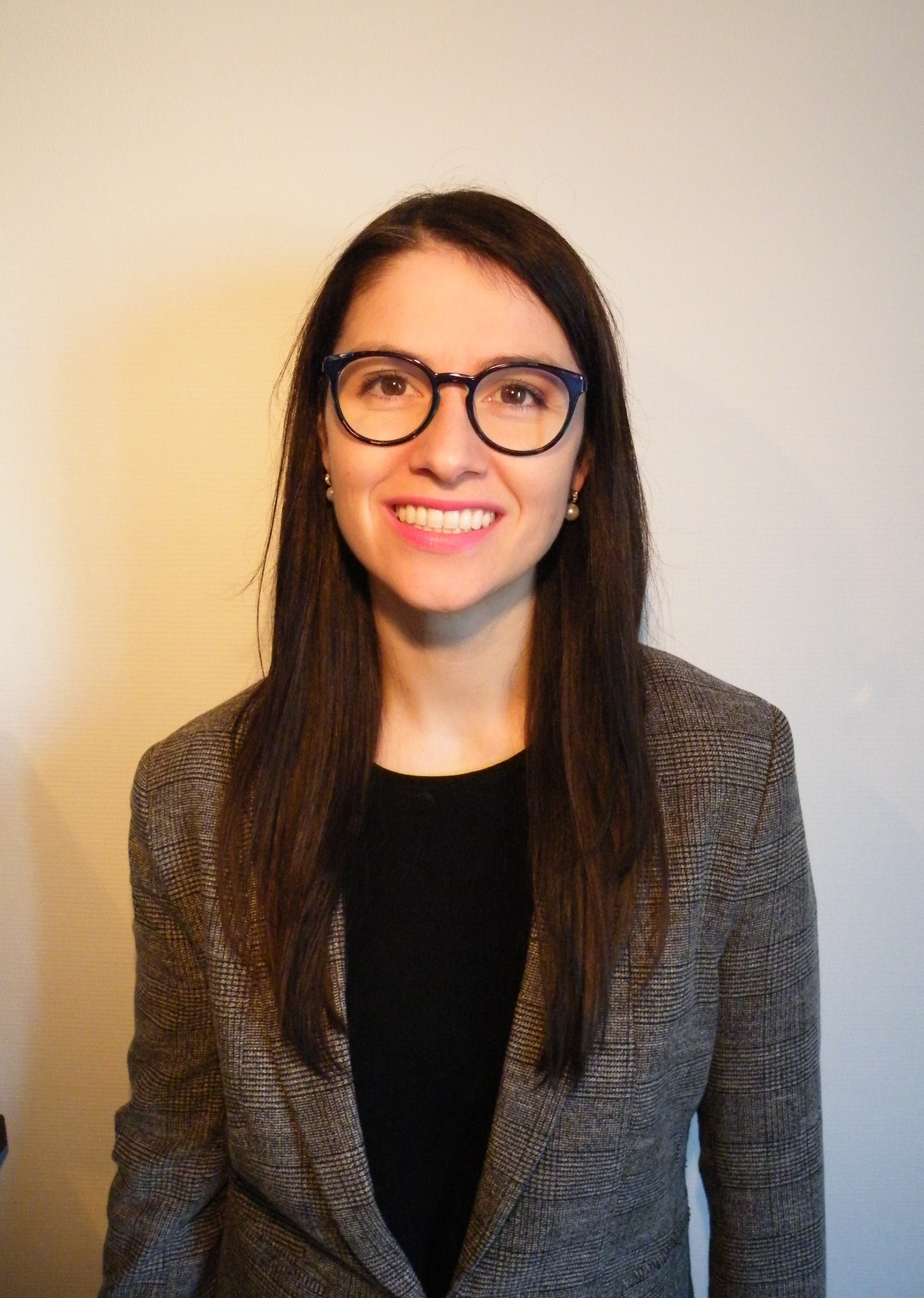People
Faculty
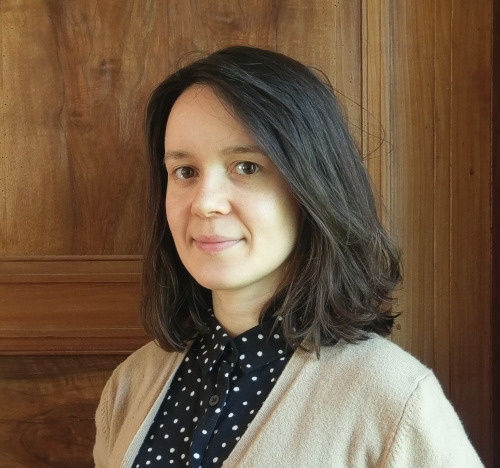
Diliara Valeeva
Diliara is an Assistant Professor in Computational Social Science at the Political science department of the University of Amsterdam. She received her PhD at the Amsterdam School for Social Science Research in 2021. Before joining the UvA, she worked as a postdoctoral researcher at the Geography department of the KU Leuven. Diliara's current research is on business and finance, corporate elites and power, and social networks. Diliara also works as a Lecturer at the BSc program in Computational Social Science at the UvA, and serves as a coordinator at the Social & Behavioral Data Science Center of the UvA, where she consults social scientists in utilizing data science methods, oversees community development, and coordinates funding.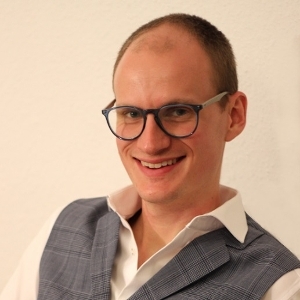
Daniel Mayerhoffer
Daniel is Assistant Professor in the Bachelor Program Computational Social Science, a member of the Institutions, Inequalities, and Life courses research group in Sociology, and affiliated with the Data Science Centre. He uses Agent Based Simulation, among and in combination with other methods, to explain and predict complex socio-technical systems to enhance their governance. He applies Computational Models mainly to questions in Political Epistemology, Collective Behaviour and Economics. Furthermore, he evaluates these models from an analytical and Philosophy of Science perspective. Daniel's transdisciplinary background facilitates work on various topics and collaboration in diverse teams.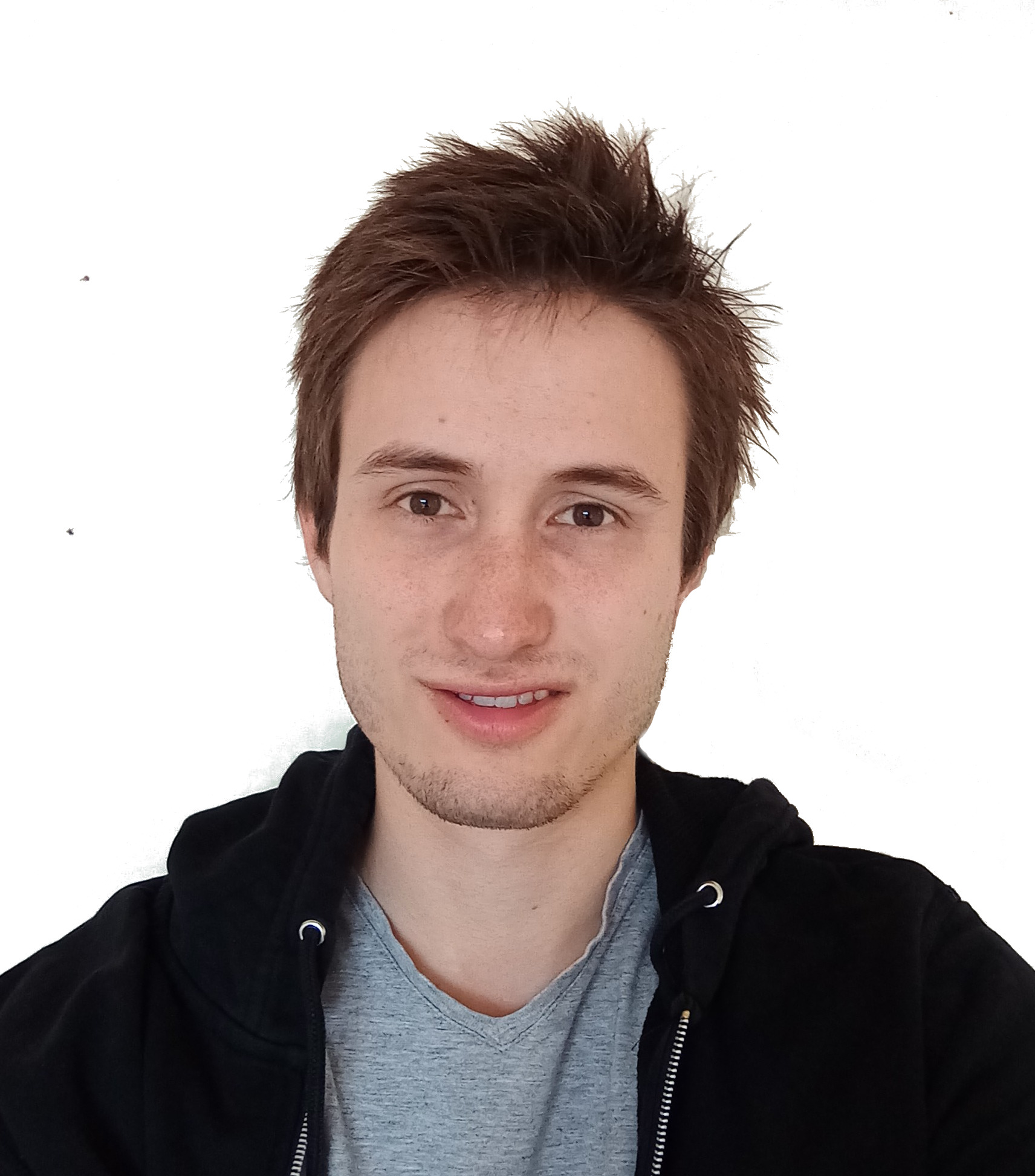
Johannes Aengenheyster
Johannes Aengenheyster is a PhD candidate in the Cultural Sociology programme group at the Sociology Department at the University of Amsterdam. He holds a Bachelor of Arts from University College Maastricht and a Master of Science from the University of Amsterdam. His research investigates the development of the population of private museums in terms of openings and closings, as well as their influence in the canonization of artists. His other interests include the structure and development of classification systems and computational methods.Speakers
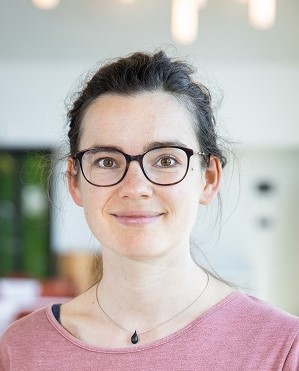
Marie Labussière
Marie Labussière is a postdoctoral researcher at the Department of Sociology at the University of Amsterdam since September 2021. She studies social stratification and mobility using a variety of quantitative methods, including text mining and machine learning. Her current work in the CAREER ERC project focuses on the employment trajectories of workers in the context of changing labor markets, based on a combination of job advertisement data and panel data. Marie is also interested in improving the use and teaching of quantitative methods in the social sciences and is a strong advocate of open science. She holds an engineering degree from the French National School of Statistics and Economic Analysis (ENSAE) and a master's degree in interdisciplinary social sciences.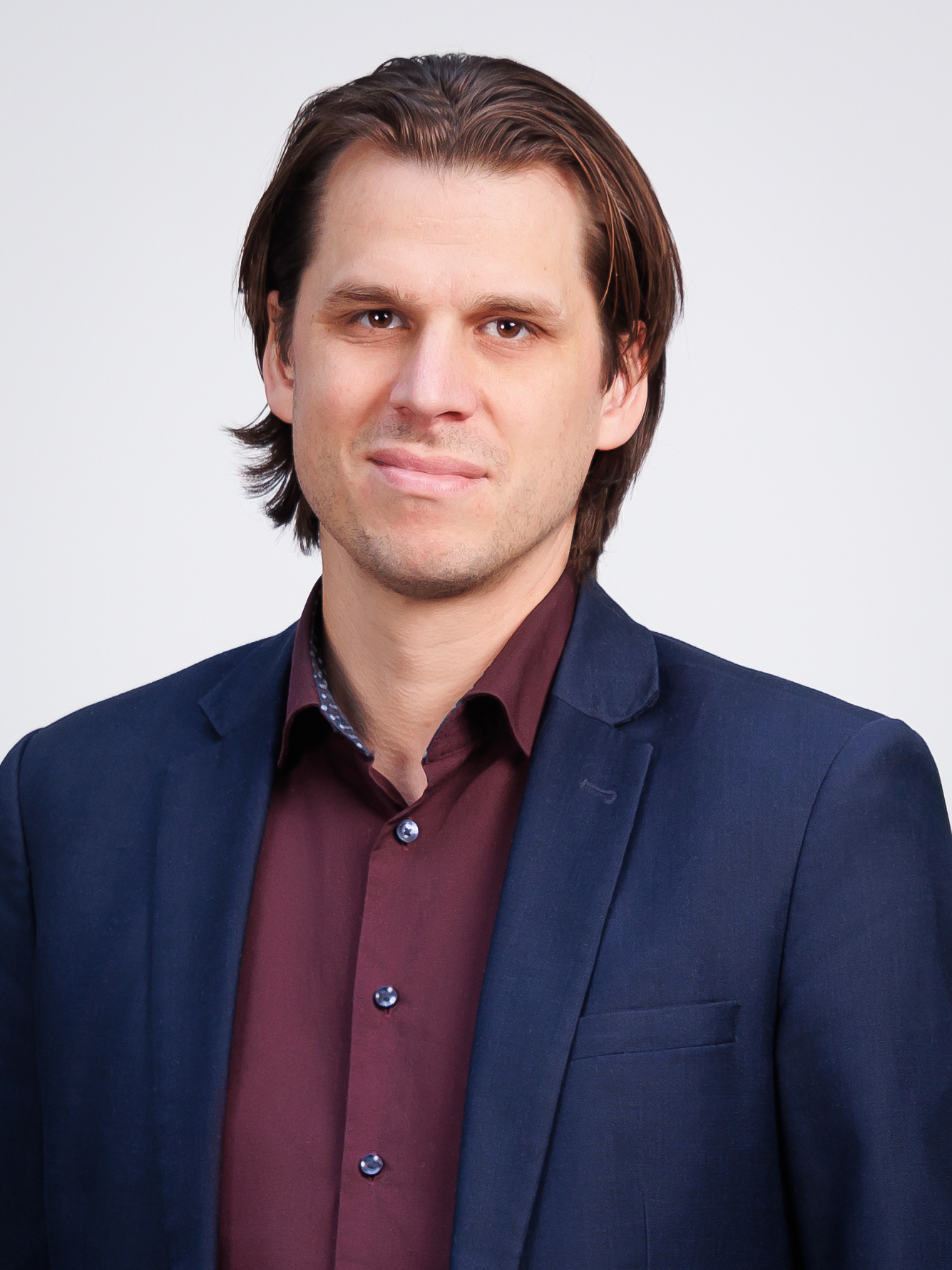
Gijs Schumacher
Gijs is an Associate Professor of Political Science at the University of Amsterdam. He is currently co-director of the Hot Politics Lab and the Challenges to Democratic Representation Program Group. In his research he uses psychological perspectives to analyze contemporary politics. He uses a range of different methods from neuroscience, computer science and social science. His work has appeared in journals such as the American Political Science Review, Nature Human Behaviour, Scientific Reports, American Journal of Political Science, Journal of Politics, Political Analysis, European Journal of Political Research, Emotion and Political Psychology.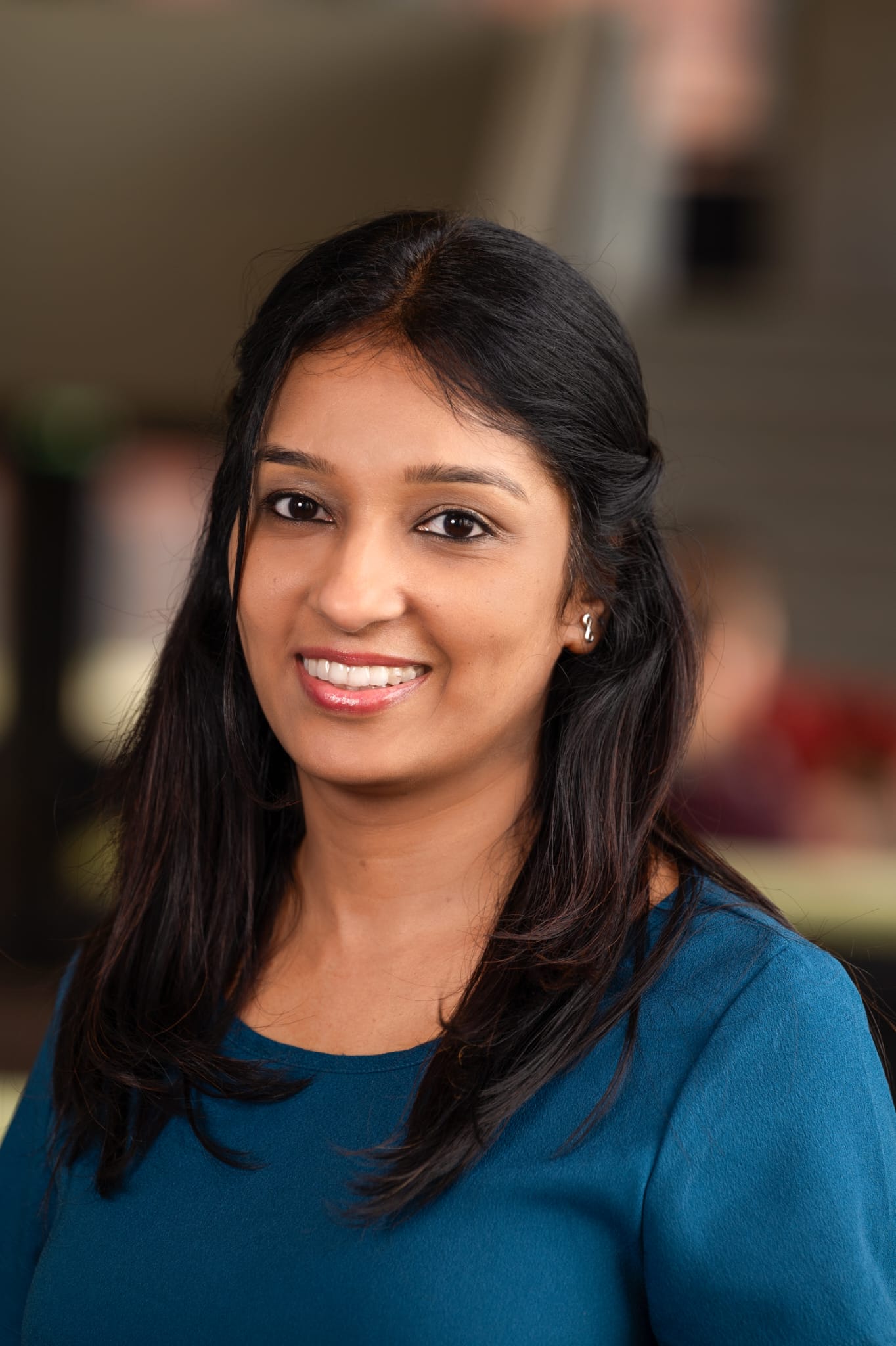
Reshmi G. Pillai
Reshmi is a PostDoc Researcher at the Department of Communication Science in the Vrije University Amsterdam. She focuses on the adoption and implementation of artificial intelligence techniques, specifically natural language processing, in the context of local journalism. Her current research explores the construction of structured knowledge bases in the context of regional news media organizations in the Netherlands. Previously, she was a Lecturer at the Informatics Institute, University of Amsterdam, in the Master's program in Information Studies (Data Science track). She holds a PhD from the University of Wolverhampton for her thesis on the expressions of psychological stress in tweets.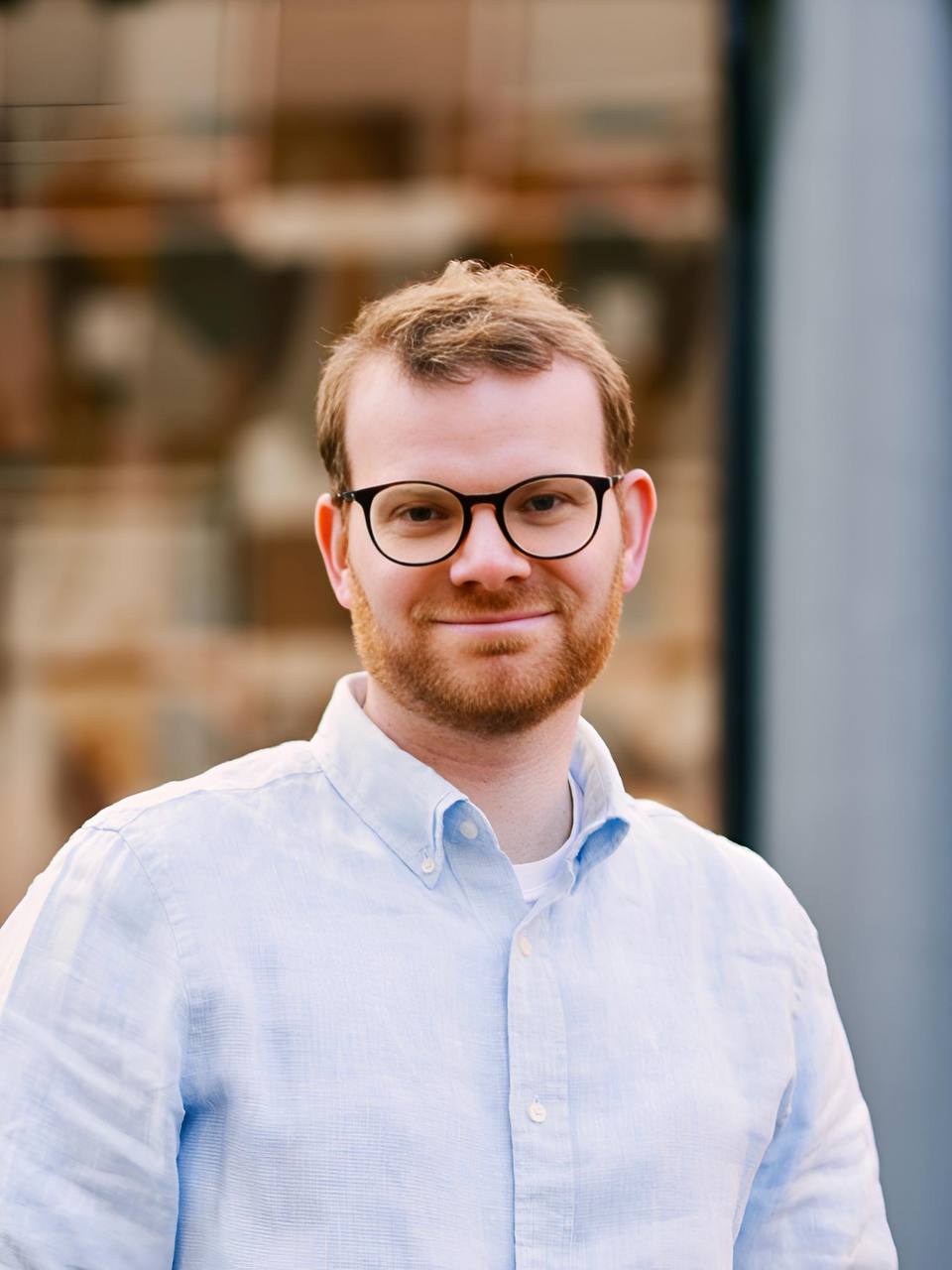
Rens Wilderom
Rens Wilderom works as a Core Lecturer in Computational Social Sciences at the University of Amsterdam. His current research focuses on (i) the impact of stylistic trends in the film art world and (ii) how large language models can be leveraged in the sociology of culture. In the past, he worked on the development of dance music in the US, UK, and the Netherlands, and alternative markets for food production and consumption.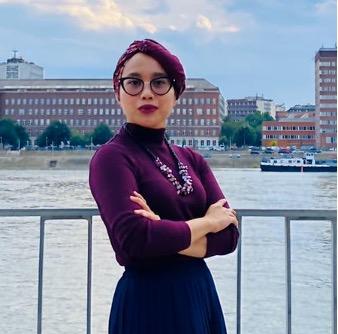
Rafiazka Hilman
Rafiazka Hilman is affiliated with Computational Science Lab (CSL) at the Informatics Institute (IvI) and Institute for Advanced Study (IAS), University of Amsterdam (UvA). She holds a PhD in Network and Data Science from Central European University (CEU). Specialized in Spatial Data Science and Computational Social Science, she focuses on urban dynamics and urban complex system. Currently, she is working on structure and dynamics of multidimensional segregation.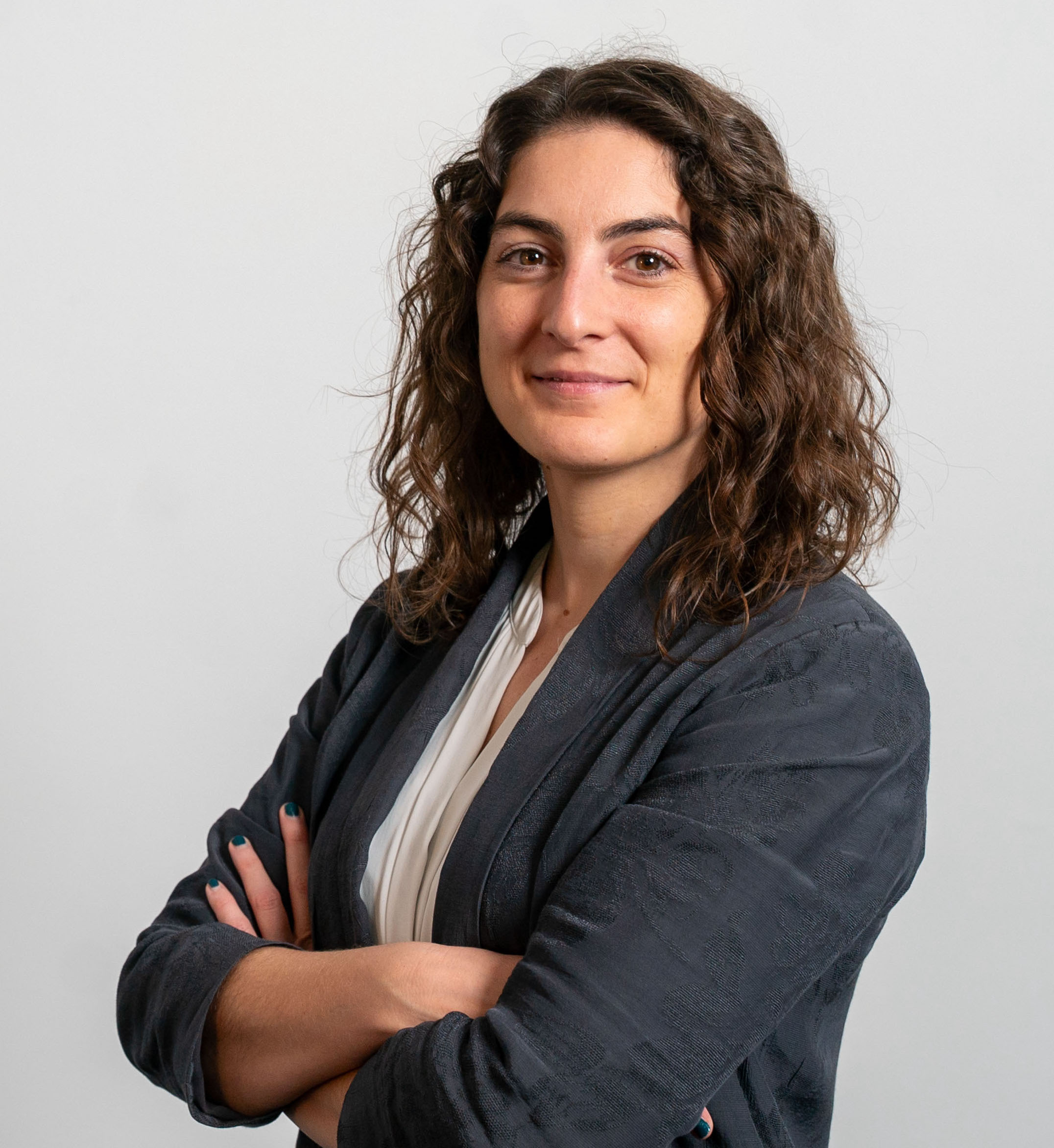
Elisa Omodei
Elisa Omodei is an Assistant Professor at the Department of Network and Data Science at the Central European University. She holds a BSc and a MSc in Physics from the University of Padua and Bologna, respectively, and a PhD in Applied Mathematics for the Social Sciences from the École Normale Supérieure (ENS) of Paris. She carried out her postdoctoral training at the Rovira and Virgili University in Tarragona, Spain. She then spent over four years at the United Nations, first at UNICEF's Office of Innovation in New York and then at the UN World Food Programme in Rome. In her research, she explores how complexity and data science can help us address the needs of the most vulnerable populations and monitor the UN Sustainable Development Goals. She also served as Vice-President Secretary of the Complex Systems Society from 2018 to 2021.
Petter Törnberg
Petter Törnberg is Assistant Professor at the Institute for Language, Logic and Computation at the University of Amsterdam, Associate Professor in Complex Systems at Chalmers University of Technology, NWO VENI laurate, and senior researcher at the University of Neuchâtel. His research focuses on the intersection of AI, social media, and politics, using digital data and computational methods to critically examine the consequences of datafication and platformization.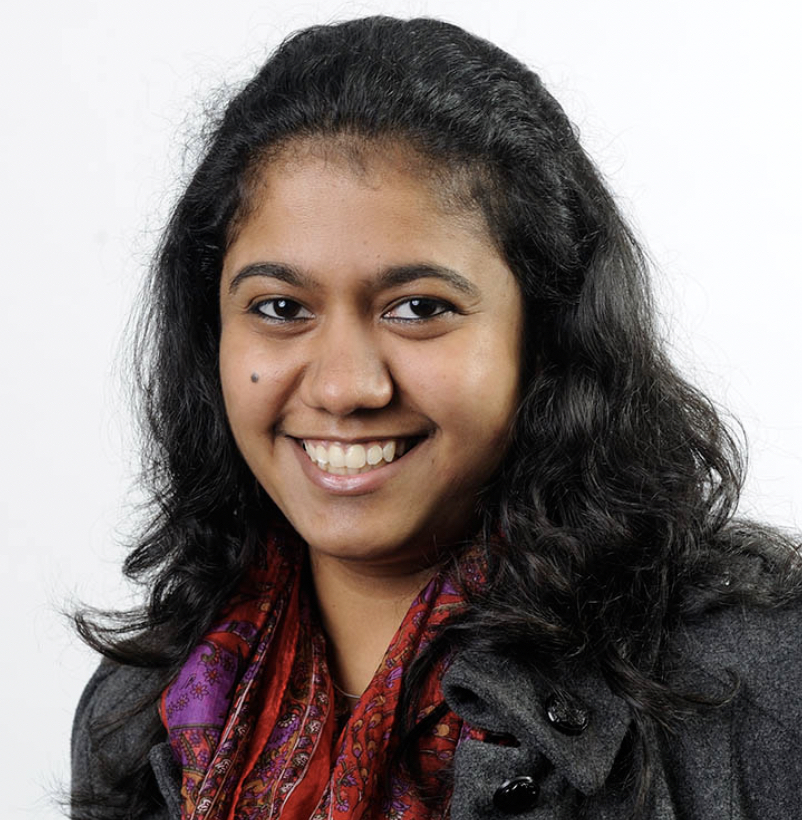
Juhi Kulshrestha
Juhi Kulshrestha is Assistant Professor in the Department of Computer Science at Aalto University. Her research focuses on studying online news and information consumption, online political communication, online social media and the role of online algorithmic intermediaries in shaping people's online information diets. She has developed frameworks for measuring the bias and diversity in the news and information that users are consuming via algorithmic recommendation and search systems on web and social media platforms.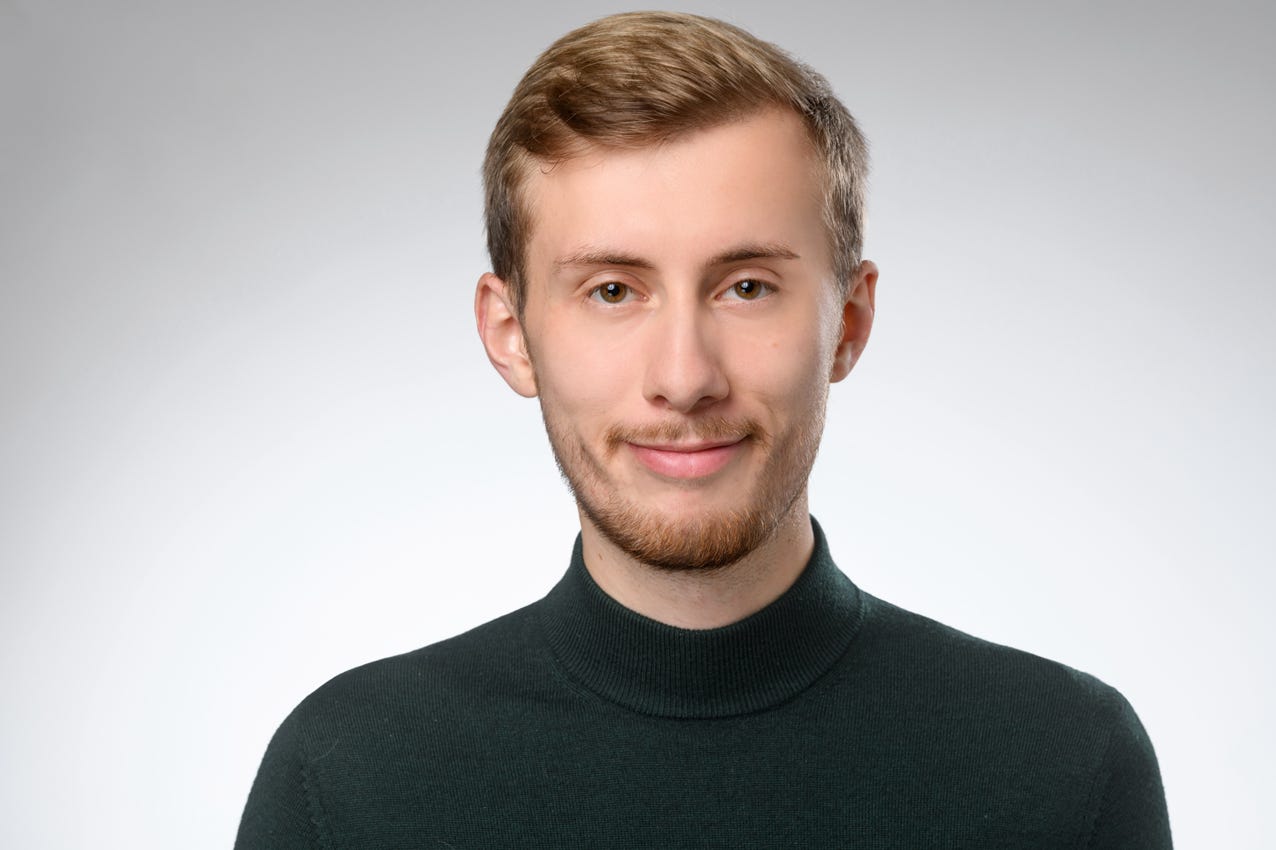
Malte Lüken
Malte Lüken is a Research Software Engineer at the Netherlands eScience Center. His Work focuses on natural language processing and machine learning in the digital humanities and social sciences. He graduated from the Research Master’s Psychology at the University of Amsterdam with a focus on methodology and statistics and has been contributing to the open science software JASP. His interests are applied (Bayesian) statistics, machine learning, and programming in research.Teaching Assistants
Participants
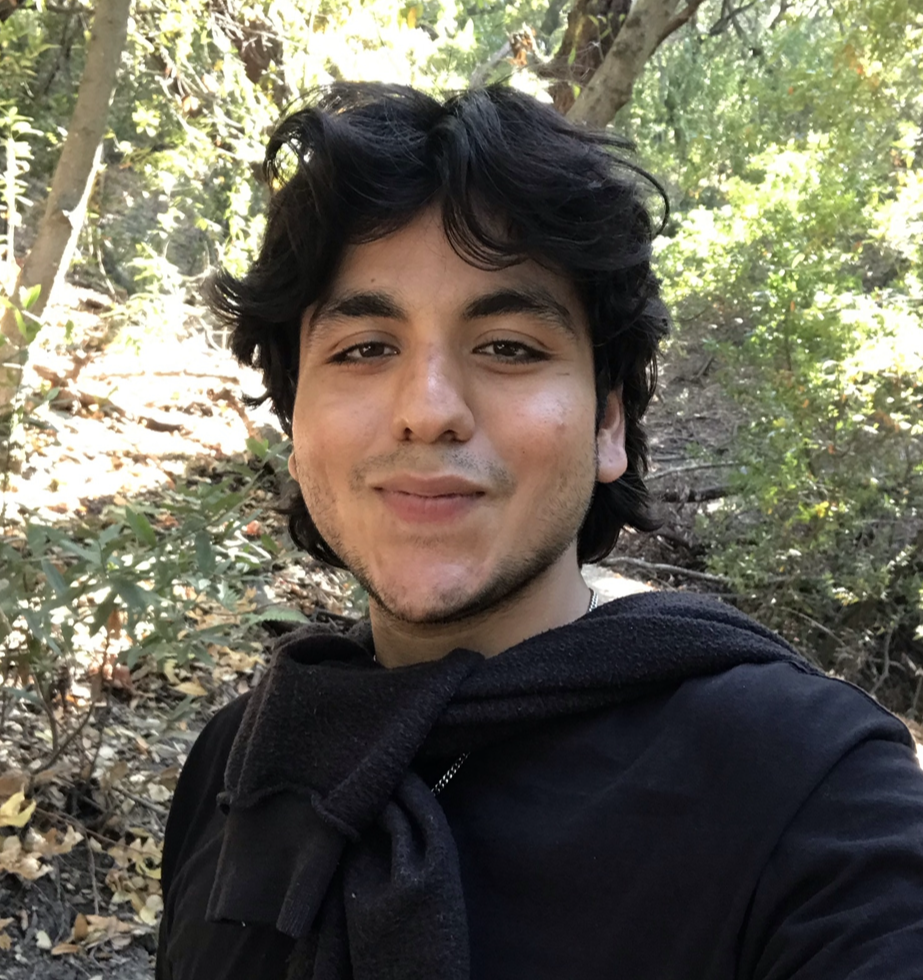
Samvardhan Vishnoi
I am pursuing a Physics Ph.D. at Northwestern in complex systems. My transdisciplinary work combines Bayesian statistical methods with city scaling models to model US crime and arrest trends, with the goal of not only explaining the trajectories but also tackling unreported/missing data to improve the FBI's data quality. Additionally, I work in equity within academia itself, revealing the difference in scientist career trajectories and survival by gender.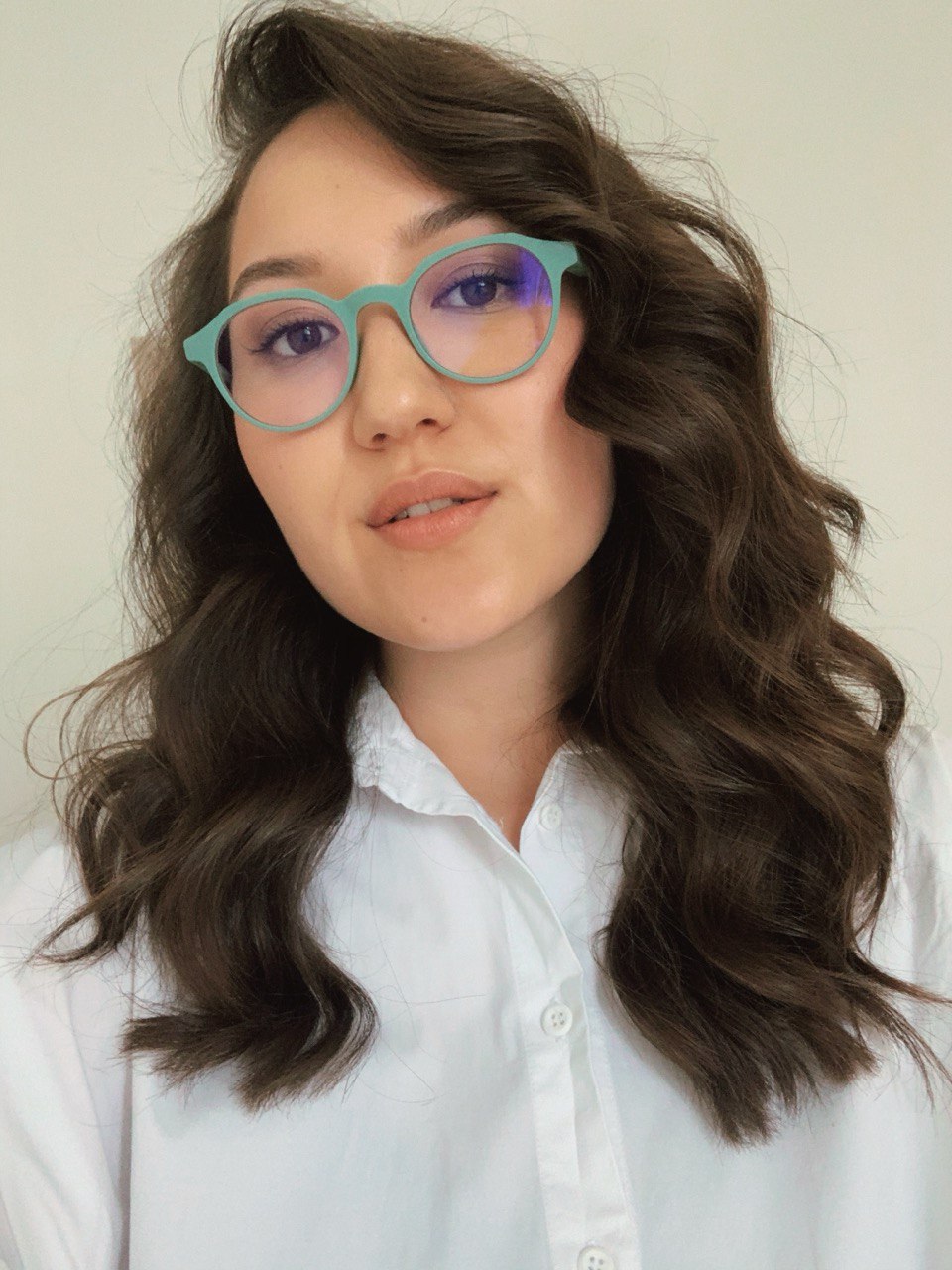
Mariia Tepliakova
Mariia Tepliakova is a PhD candidate at the Salzburg Centre of European Union Studies at the Paris Lodron University of Salzburg, Austria. In her research and teaching, she deals with the contestations of gender equality policies in Europe using a mix of survey research, expert interview and quantitative text analysis.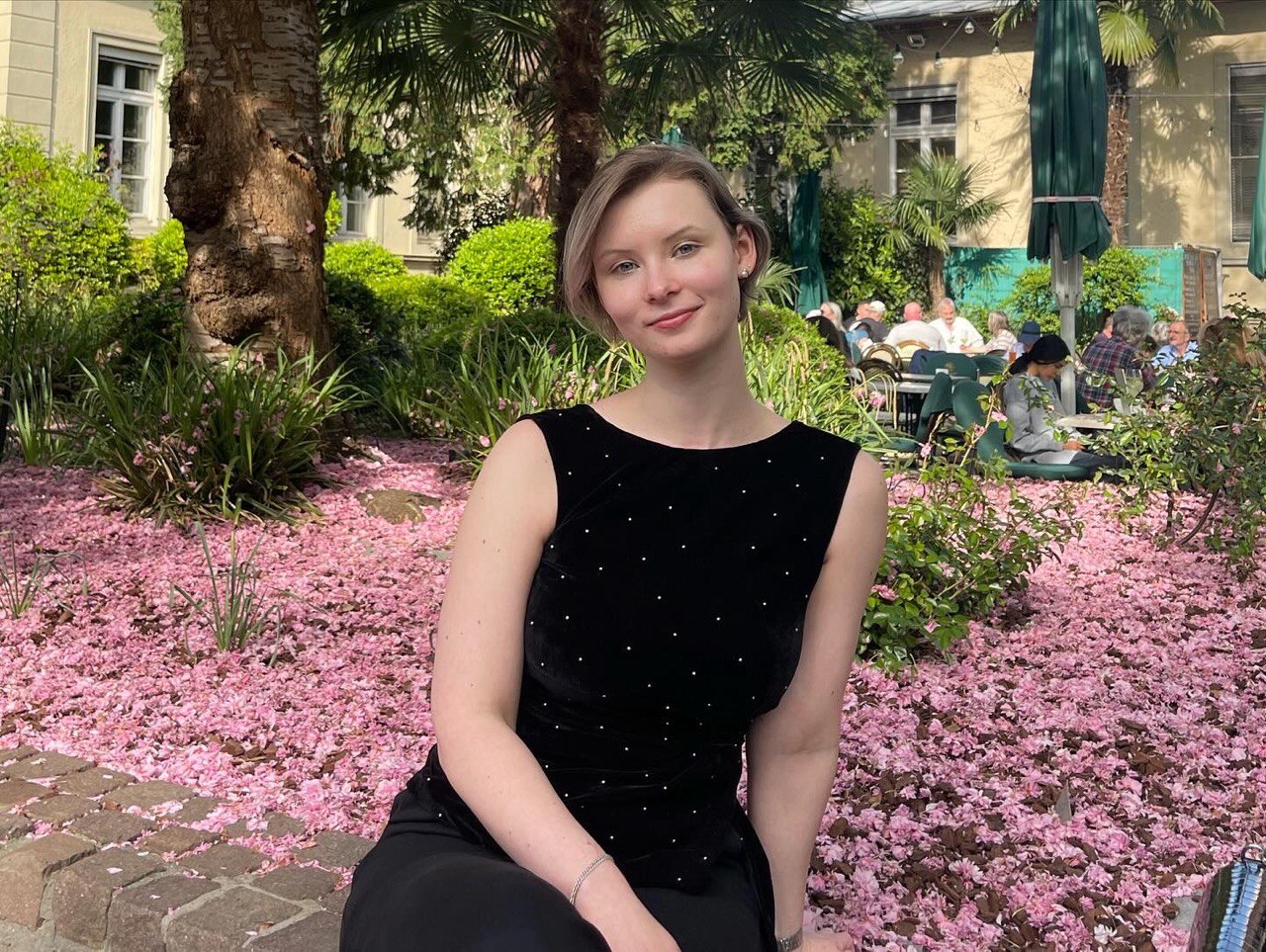
Anna Sokolova
Anna Sokolova is a PhD student at the Chair in Sociological Methodology at the University of Mannheim. She is interested in the emergence of inequalities in networks and how the cumulative advantage of social capital can contribute to said inequalities. In her research, Anna uses agent-based modelling, behavioral experiments, and social network analyses of longitudinal classroom network data.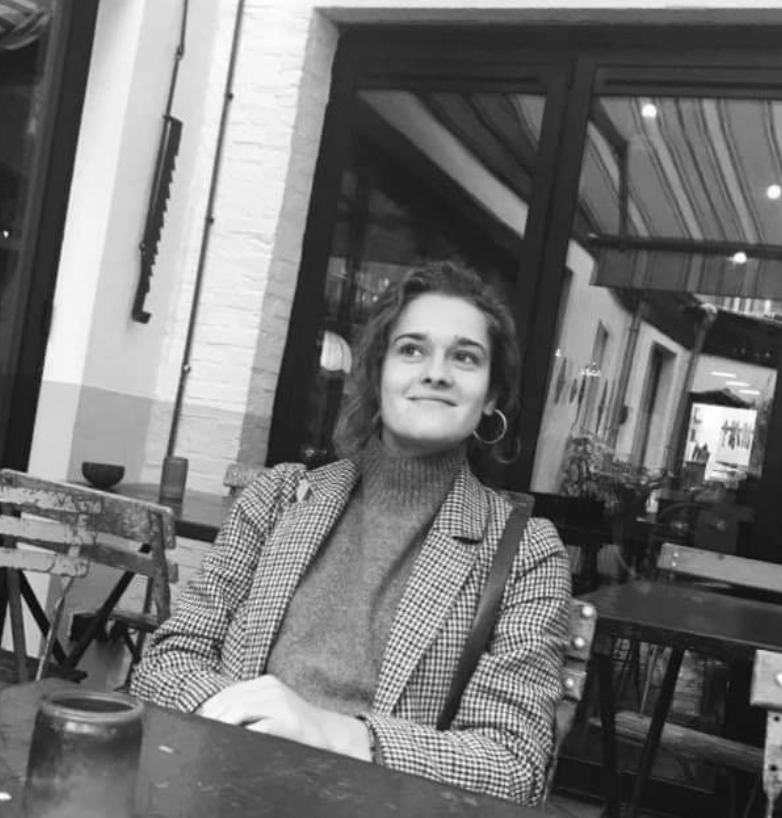
Sasha Moriniere
Sasha is currently a Researcher at the Open Data Institute working on the future of open data, research-digital platforms data sharing partnerships, power imbalances within data ecosystems, and responsible data stewardship. Previously, she conducted research, advocacy and policy work on online harms and regulation, led projects on electoral disinformation in France, and promoted data literacy in Mali and Indonesia. Sasha recently coordinated research and policy work delivered to French President Emmanuel Macron regarding online disinformation and its impact on our democracies. Holding a Master's degree in International Relations from the London School of Economics, she's fluent in French, English, and Spanish, and is learning Arabic.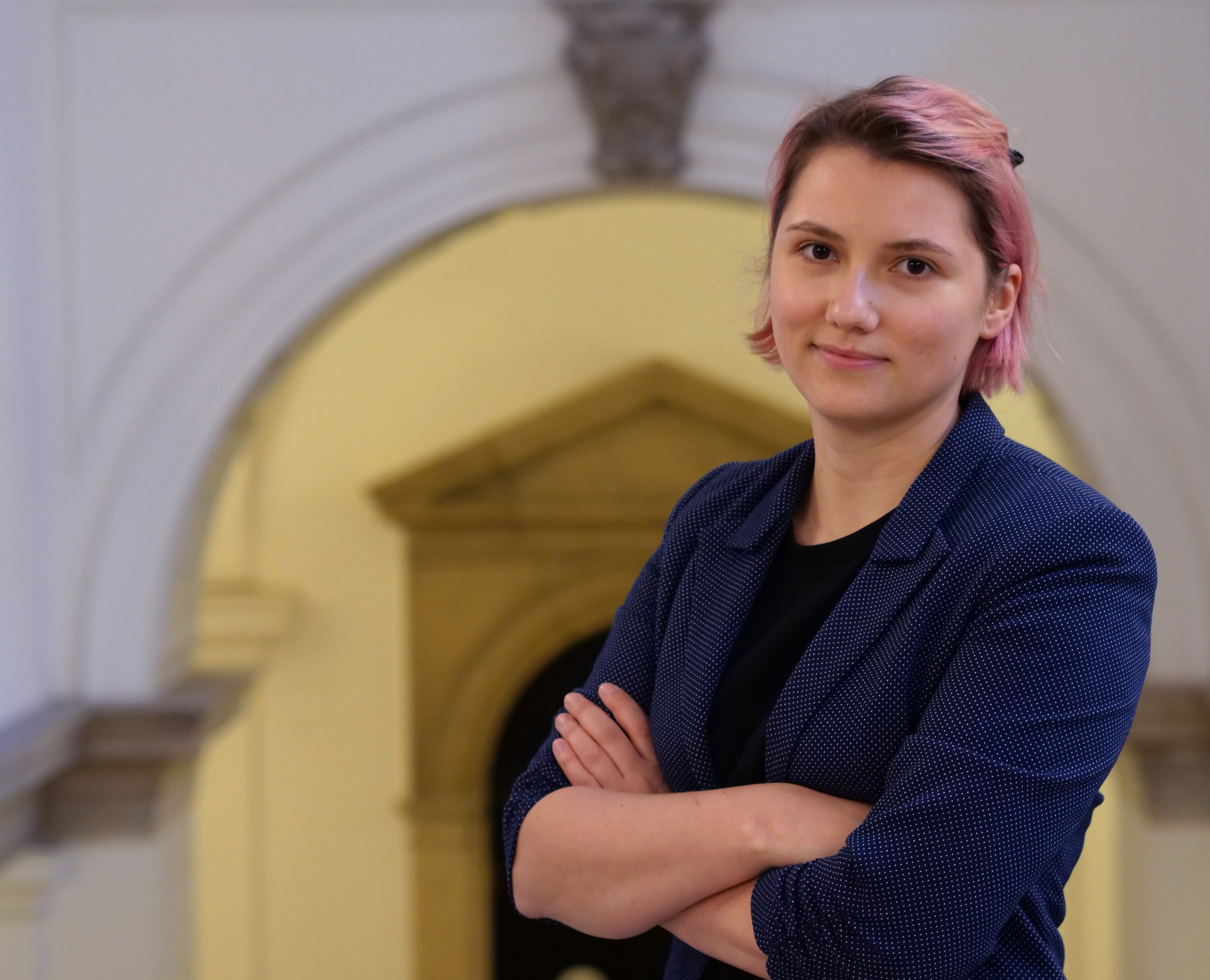
Dominika Betakova
Dominika Betakova is a PhD candidate at the Department of Communication of the University of Vienna. Her research interests include political communication, news (non-)consumption and avoidance, automated text analysis and experimental research methods. Her dissertation titled “I Do Not (Want to) Know! Political News Use in Fragmented Media Environments ” focuses on the highly socially relevant phenomenon of news avoidance.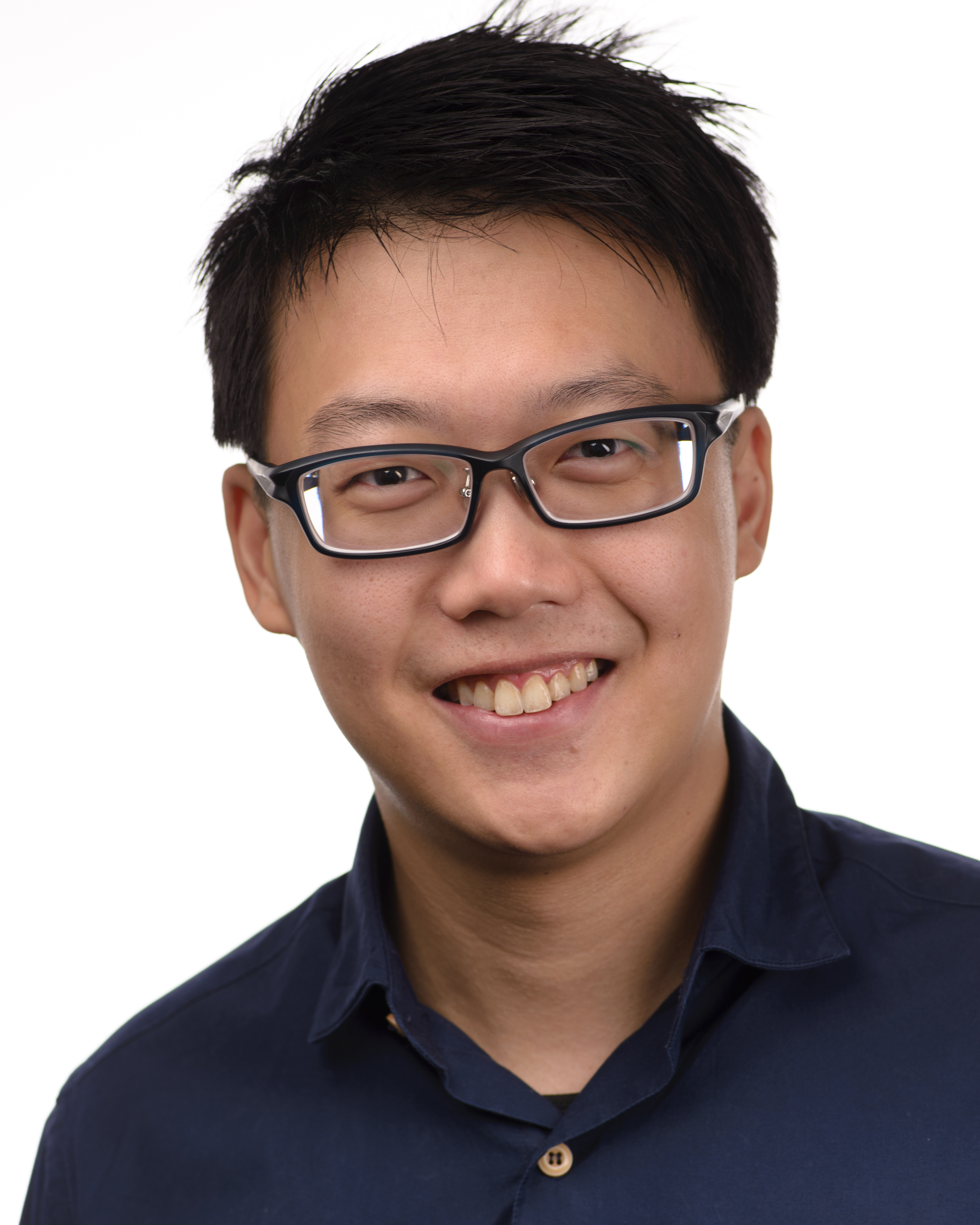
How Hwee Ong
How Hwee Ong is a postdoctoral researcher at the University of Groningen. He received his PhD in social psychology from Tilburg University in the Netherlands. He is broadly interested in the psychological underpinnings of misbeliefs and interventions to improve decision-making.
Simone Skeen
Simone J. Skeen is pursuing her doctorate at Tulane University. Her work covers political and structural/systemic drivers of suicidality; linguistic signatures of subtle discrimination in mental healthcare; racialized income inequality, law enforcement violence, psychotraumatology, and immune function among people living with HIV; and identity formation and digital health autonomy movements.
Dhruv Mittal
Dhruv, a PhD candidate at the University of Amsterdam's Computational Science Lab, studies collective decision-making and cultural evolution in changing environments. With a background in physics, he draws from domains like Complex Systems, Network Science, Evolutionary Game Theory, and Social Psychology to work towards informing policy interventions in social systems.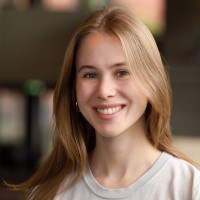
Laura Eberlein
Laura is a PhD student in Sociology at Vrije Universiteit Amsterdam. Her research interests include school-to-work transitions, social stratification and inequalities in the labour market. In her dissertation, she analyses early career paths and investigates which factors influence differences in the quality of employment in the first years of working life. She holds a BA in Philosophy and Economics from University of Bayreuth and a Master of Public Policy from the Hertie School.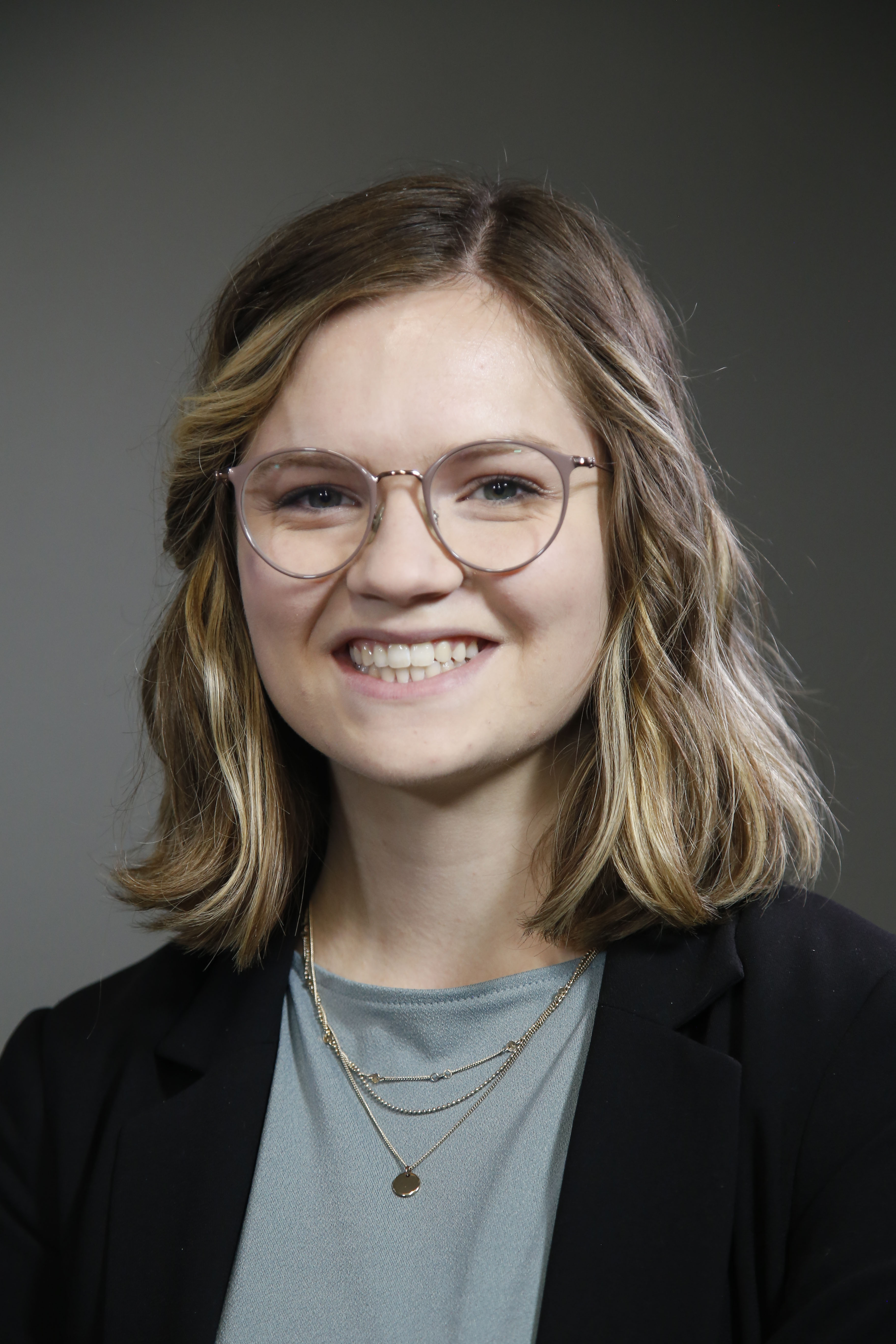
Veronika Ebner
Veronika Ebner is a master’s student in the Erasmus Mundus Journalism Program at the University of Amsterdam. Her research interests are climate change communication, solutions journalism, emotions, and social media. After graduation, she will join the Computational Communication Science Lab at the University of Vienna to pursue her PhD.
Leevi Saari
Leevi Saari is a PhD Candidate at the University of Amsterdam researching the way contemporary AI governance initiatives approach AI shape and limit the potential politics of technology. Before his PhD, he served as an accredited policy advisor in the European Parliament with key responsibilities in regulation initiatives on artificial intelligence, data and platform economy. He also serves as the EU Policy Fellow at AI Now Institute.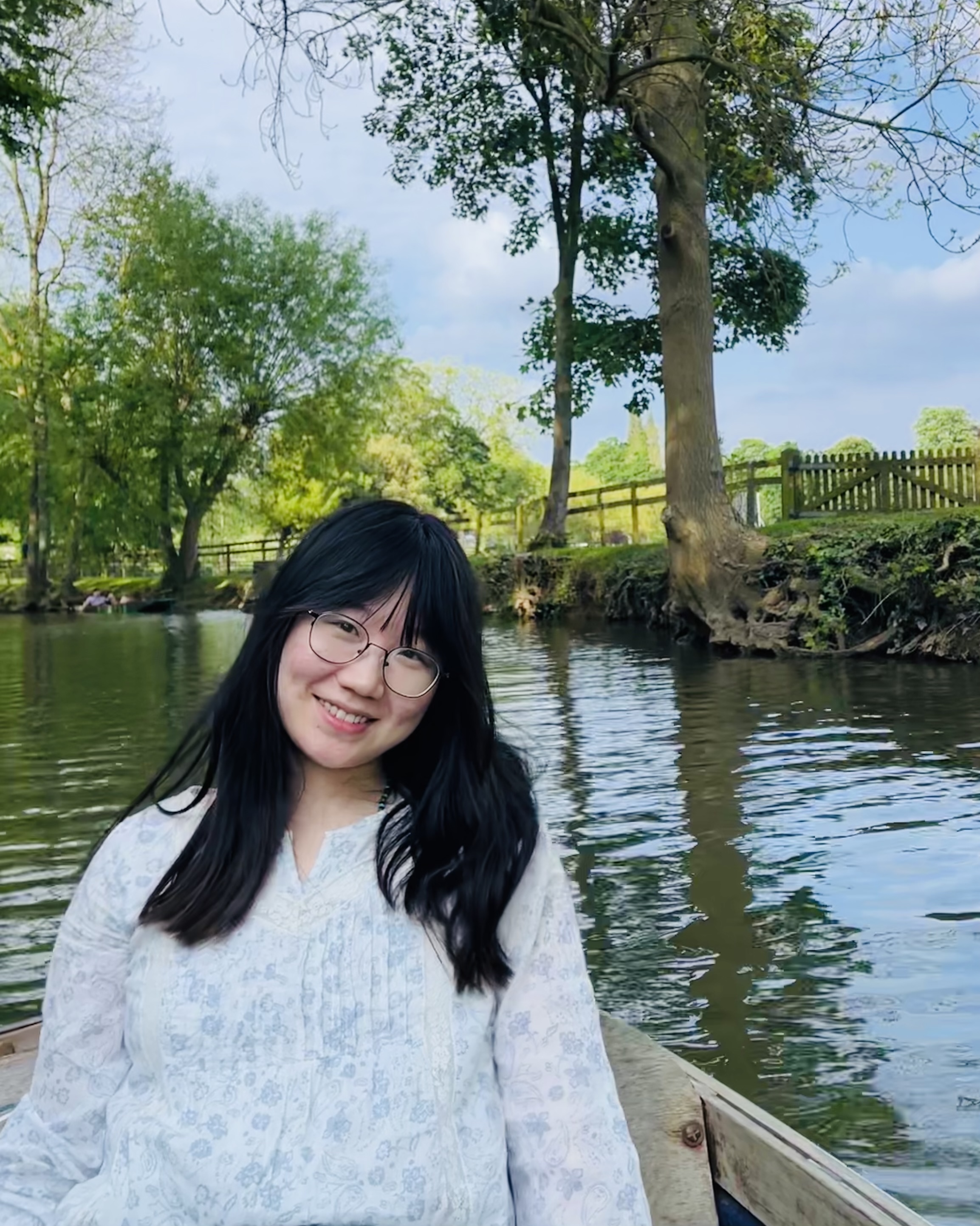
Ruiwen Zhou
Ruiwen Zhou (she/her) is an incoming MPhil student in Communication at the Chinese University of Hong Kong. Currently, she is a research assistant in the Digital Narratives Studio and is involved in a research project exploring digital authorship in the age of Gen-AI. Her experiences in observing, feeling, and witnessing the permeation of technologies triggered her interest in digging deeper into human-technology intricacy.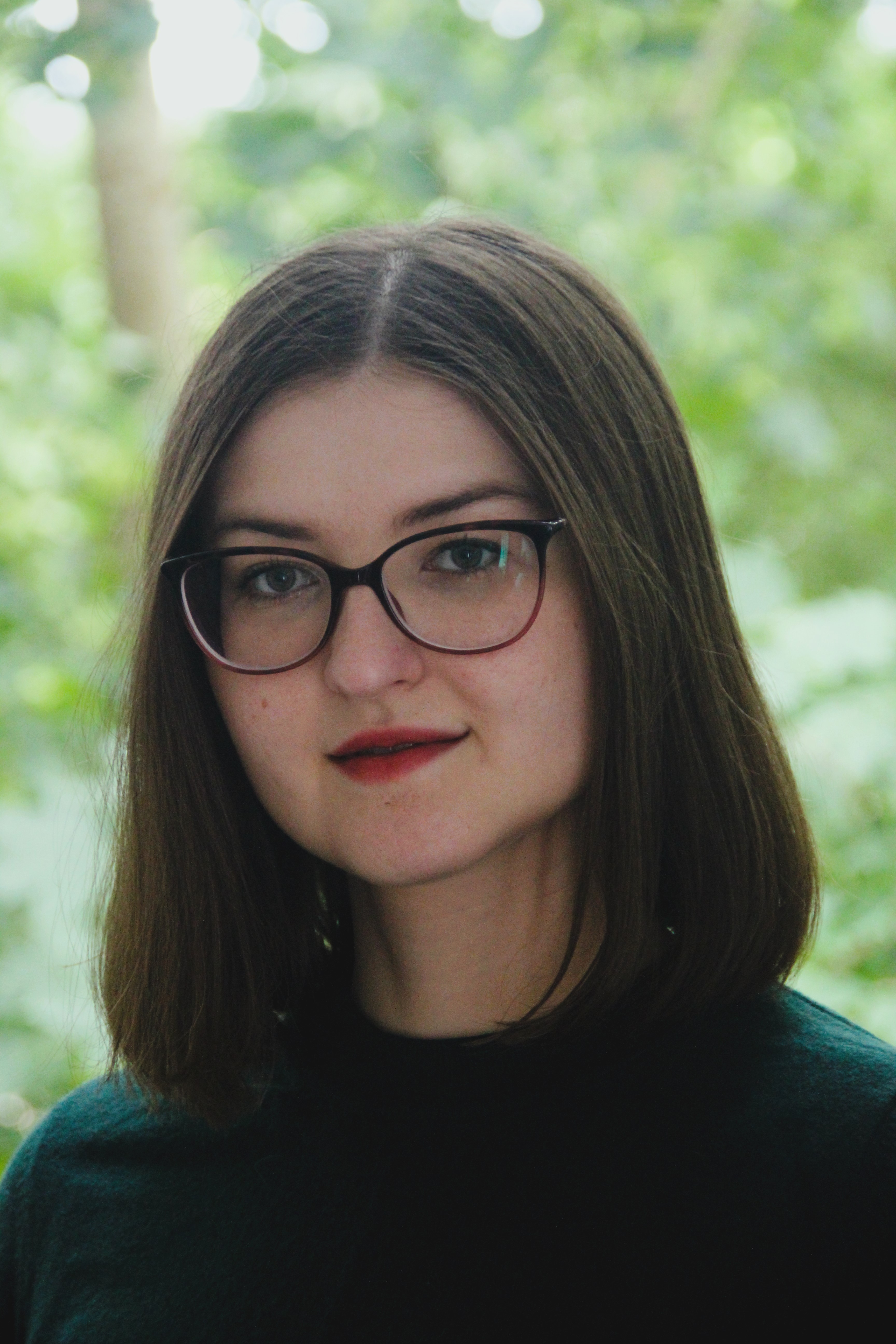
Anastasia Mertens
Anastasia Mertens is a doctoral candidate in Comparative Political Science at Kiel University, Germany. Her research focuses on state behavior in cyberspace. Her dissertation, "Disinformation in Social Media: A Cross-National Comparative Study", aims to identify factors correlating with the prevalence, issues, and agenda-setting power of online disinformation.